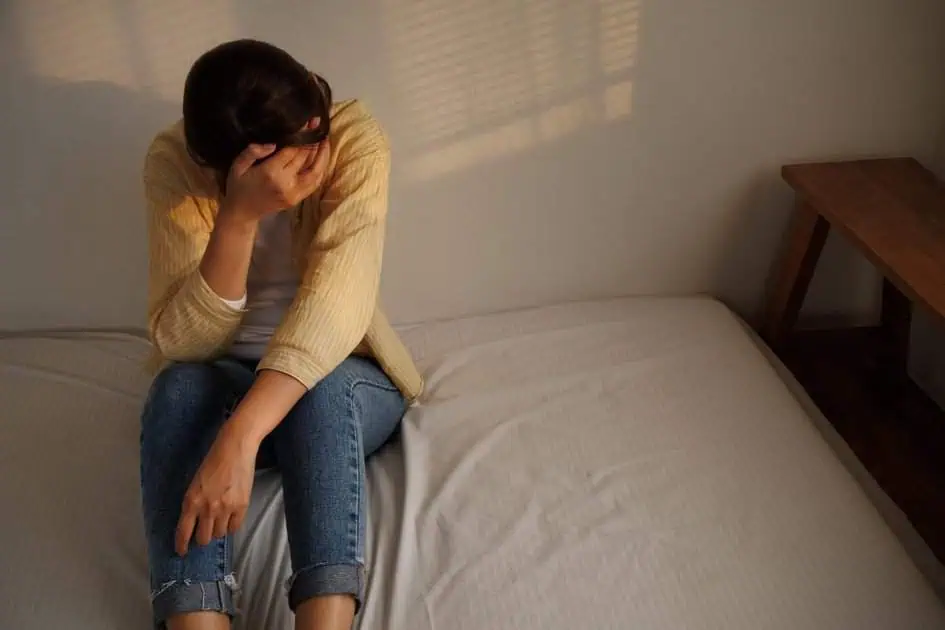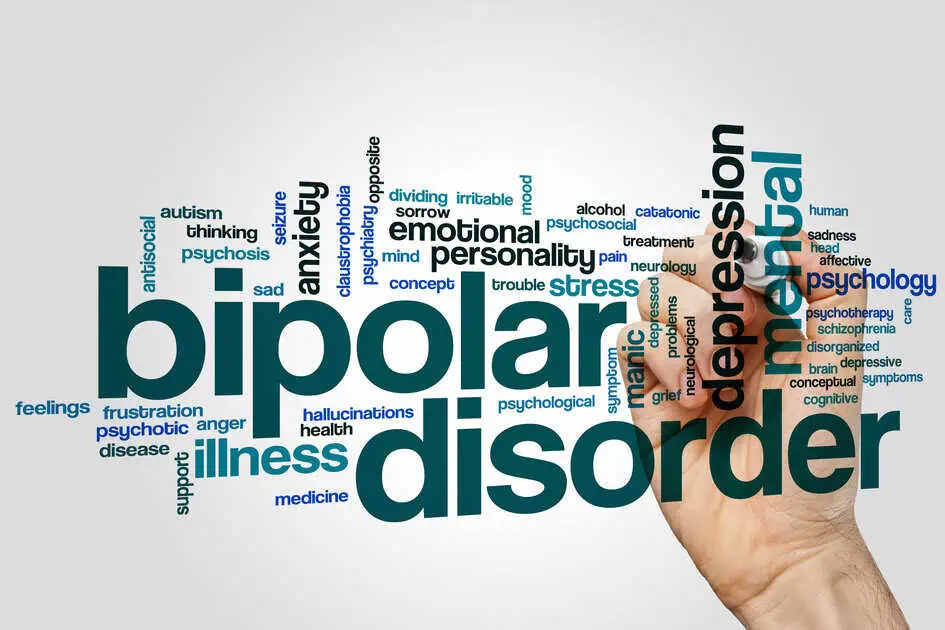Nowadays, children and teens face a lot of challenges that can affect their mental health. Their young minds are constantly dealing with academic pressures, social dynamics, family changes, and personal struggles.
It’s hard to tell if a child’s behavior is normal or if it points to a deeper issue that needs professional help as a parent or guardian. Here’s a guide to understanding child and adolescent psychiatry, mental health evaluations for children, and signs your child needs professional help.
What is Child and Adolescent Psychiatry?
In child and adolescent psychiatry, mental health disorders in children, adolescents, and their families are diagnosed, treated, and prevented. Psychiatrists work with young people’s unique psychological, emotional, and behavioral needs. They are equipped to handle anxiety, depression, ADHD, autism spectrum disorders, behavioral problems, and more.
What is the role of a child and adolescent psychiatrist?
Child and adolescent psychiatrists play a critical role in the mental health care of young individuals. Their responsibilities include:
Conducting Comprehensive Evaluations: These specialists perform thorough mental health evaluations for children to understand their emotional, cognitive, and behavioral functioning. This process often involves interviews with the child and their family, observations, and standardized assessments.
Diagnosing Disorders: Based on the evaluation, psychiatrists diagnose any mental health conditions or developmental disorders that may be present. A precise diagnosis is necessary to design treatments in an efficient manner.
Developing Treatment Plans: Psychiatrists for children and adolescents provide customized treatment regimens based on the unique requirements of each kid. These plans may include therapy, medication, lifestyle changes, and family support.
Prescribing and Managing Medication: When necessary, psychiatrists prescribe medication to help manage symptoms. They also monitor the child’s response to medication and make adjustments as needed to ensure optimal outcomes.
Providing Therapy: In addition to medication management, many child and adolescent psychiatrists offer various forms of therapy, including cognitive-behavioral therapy (CBT), family therapy, and play therapy, to address the underlying issues and promote healthy coping mechanisms.
When should you seek professional help?
Recognizing the signs that indicate your child may need professional help is crucial for early intervention and effective treatment. Here are some key indicators that it might be time to consult a child and adolescent psychiatrist at TMZ Behavioral Care:
Persistent Emotional or Behavioral Issues
All children go through phases of emotional and behavioral ups and downs, but persistent issues that last for weeks or months may signal a deeper problem. Signs to watch for include:
- Intense Mood Swings: Frequent and extreme changes in mood that interfere with daily functioning.
- Excessive Anxiety or Worry: Persistent fears or worries that are disproportionate to the situation.
- Depression: Ongoing feelings of sadness, hopelessness, or a lack of interest in activities they once enjoyed.
- Aggression or Defiance: Consistently acting out aggressively or defiantly, especially if it disrupts home or school life.
- Social Withdrawal: Avoiding friends, family, and social activities.
Decline in Academic Performance
A noticeable drop in school performance can be a red flag. This might manifest as:
- Poor Grades: Sudden decline in academic achievement despite effort.
- Lack of Concentration: Difficulty focusing on tasks, completing assignments, or staying organized.
- Frequent Absences: Reluctance or refusal to go to school, often accompanied by physical complaints like headaches or stomach aches.
Changes in Eating or Sleeping Habits
Significant changes in eating or sleeping patterns can indicate underlying mental health issues:
- Eating Disorders: Drastic weight loss, overeating, or obsession with food and body image.
- Sleep Disturbances: Difficulty falling asleep, staying asleep, or frequent nightmares.
Self-harm or Suicidal Thoughts
Any indication of self-harm or suicidal thoughts requires immediate attention:
- Self-Injury: Engaging in behaviors like cutting, burning, or other forms of self-harm.
- Suicidal Ideation: Expressing thoughts of wanting to die or attempting suicide.
Regression in Developmental Milestones
Sometimes, children who are experiencing significant emotional distress may regress in their developmental milestones:
- Bedwetting: Reverting to bedwetting after having been dry for a significant period.
- Speech: Sudden difficulty with speech or communication that was not present before.
The Importance of Mental Health Evaluations for Children
Mental health evaluations are crucial in identifying and addressing the needs of children and adolescents. They provide a comprehensive understanding of a child’s emotional and behavioral health and help guide effective treatment plans.
What to Expect During a Mental Health Evaluation
A mental health evaluation typically involves:
- Initial Consultation: The psychiatrist will meet with the child and their parents to discuss concerns and gather background information.
- Behavioral Observations: Observing the child’s behavior in different settings, such as at home or school.
- Psychological Testing: Administering standardized tests to assess cognitive, emotional, and behavioral functioning.
- Interviews: Conducting in-depth interviews with the child and parents to explore thoughts, feelings, and behaviors.
- Collaborative Input: Gathering input from teachers, counselors, and other professionals involved in the child’s life.
Benefits of Early Evaluation and Intervention
Early evaluation and intervention can have significant benefits, including:
- Accurate Diagnosis: Identifying the specific issues and their underlying causes.
- Targeted Treatment: Developing a treatment plan tailored to the child’s needs.
- Improved Outcomes: Addressing issues early can improve long-term outcomes and prevent more severe problems.
- Support for Families: Providing families with the resources and guidance they need to support their child’s mental health.
What are the common treatment approaches in child and adolescent psychiatry?
Child and adolescent psychiatrists employ a range of therapeutic modalities to address mental health concerns in young people. These therapies, which are frequently customized to meet the unique requirements of the child, may involve any or all of the following:
Psychotherapy
Psychotherapy, or talk therapy, is a fundamental component of treatment for many children and adolescents. Common types of psychotherapy include:
- Cognitive-behavioral therapy (CBT): Helps children identify and change negative thought patterns and behaviors.
- Play Therapy: Uses play to help children express their emotions and work through issues.
- Family Therapy: Involves the entire family in treatment to improve communication and resolve conflicts.
Medication
In some cases, medication may be necessary to manage symptoms. Commonly prescribed medications include:
- Antidepressants: For treating depression and anxiety disorders.
- Stimulants: Often used to treat ADHD.
- Antipsychotics: For managing severe mood disorders or psychotic symptoms.
Combined Treatment
A combination of psychotherapy and medication is often the most effective approach, particularly for more severe or complex conditions. This integrated treatment plan addresses the disorder’s psychological and biological aspects.
Lifestyle and Support
In addition to formal treatment, lifestyle changes and support can play a crucial role in a child’s mental health:
- Healthy Habits: Encouraging regular physical activity, a balanced diet, and adequate sleep.
- Support Systems: Establishing a solid professional, social, and familial support system.
- Education: Providing parents and caregivers with education and resources to understand better and support their child’s needs.
Conclusion
Understanding child and adolescent psychiatry and recognizing the signs that indicate your child may need professional help are crucial steps in supporting their mental health. Early intervention and comprehensive mental health evaluations can lead to accurate diagnoses and effective treatment plans tailored to each child’s unique needs. By overcoming barriers and seeking the appropriate care, you can help your child navigate their challenges and thrive.
If you suspect that your child may benefit from a mental health evaluation or treatment, don’t hesitate to seek professional help. At TMZ Behavioral Care, our team of experienced child and adolescent psychiatrists is dedicated to providing compassionate and comprehensive care tailored to your child’s needs. Contact us today to schedule a consultation and take the first step toward ensuring your child’s mental well-being.






